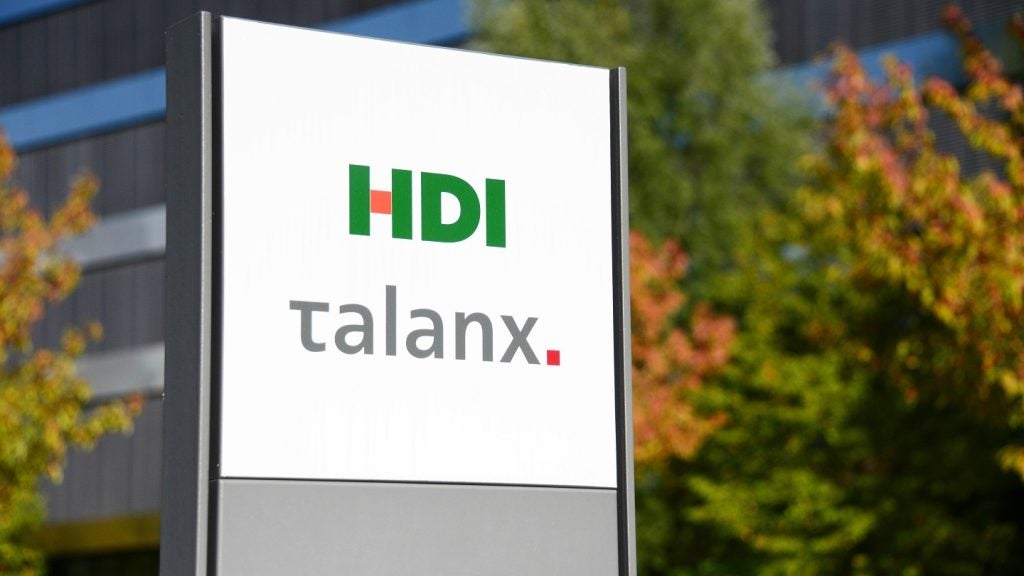
The UK individual annuity market has declined sharply following new pension flexibilities announced by the government in March 2014, says the Timetric report, Annuities Insurance in the UK, Key Trends and Opportunities to 2018, which is available at the Insurance Intelligence Center (IIC).
According to the IIC report, the value of individual annuity new business premiums plunged 43.3%, from £12.4bn ($19bn) in 2013 to £7bn in 2014.
The decline in annuities stems back to the 2014 UK Budget, enabling people aged 55 and over to have more flexibility about when and how to draw their defined contribution pension savings – subject to their marginal rate of income tax – and no one would have to buy an annuity.
The IIC report says the pension flexibilities mean savers will be given several retirement income options – they can buy an annuity, put their funds into flexi-access drawdown, take ad-hoc lump sums or simply cash-in their entire pension pot.
In the March 2015 Budget, UK Chancellor George Osborne built on the radical pension reform announced in the previous year’s Budget by proposing that from April 2016 people who already have an annuity will be able to effectively sell it on.
Currently, consumers who already have an annuity are unable to sell it without having to pay at least 55% tax on it.
How well do you really know your competitors?
Access the most comprehensive Company Profiles on the market, powered by GlobalData. Save hours of research. Gain competitive edge.

Thank you!
Your download email will arrive shortly
Not ready to buy yet? Download a free sample
We are confident about the unique quality of our Company Profiles. However, we want you to make the most beneficial decision for your business, so we offer a free sample that you can download by submitting the below form
By GlobalDataThis ‘secondary annuity market’ means, as the IIC report explains, that people wanting to sell their annuity income to a third-party (other than their original provider) will be taxed at their marginal rate, instead of 55% tax charge.
They will be able to take the proceeds of the annuity sale as a lump sum, or put the funds into flexi-access drawdown.
The UK government is proposing to work with the Financial Conduct Authority to ensure appropriate consumer protection is in place for annuity holders as they consider their options.
Industry reaction
Vanessa Owen, head of retirement proposition at LV= tells Life Insurance International that annuity volumes are down about 50% across the industry compared to the pre- Budget period.
Owen says: "What we are seeing is that people who have much smaller pension pots are potentially taking their cash, rather than turning to an annuity."
"There does seem to be a significant part of the market that has chosen not to annuitize and take the cash."
Focus on fixed term annuities
Despite this challenging backdrop, according to Owen, LV= is noticing additional interest is in fixed term annuities.
She comments: "We are one of the few players in that space and volumes there are exciting. It’s a small market, [fixed term annuities], but clearly there is potential to grow there. What I understand is happening is that people are looking [at] splitting their money.
"They like the idea of having some income secured and a fixed term annuity can do that, and then investing the rest. We are certainly seeing people mix and match and that is something we will see more and more of going forward."
Partnership, a provider of enhanced annui¬ties, and Just Retirement, had been cited by Fitch Ratings as standing to suffer from the Budget changes as the ratings agency has said that annuities account for a much higher percentage of Partnership and Just Retirement’s earnings than other major providers in the UK, such as Aviva and Prudential.
However, Mark Stopard, head of product development at Partnership, says since the Budget the provider has seen a "pretty steady uptick in activity" in terms of a lot more enquiries and illustration and quotation activity.
"Obviously, hopefully some of that will feed through into a pickup of business as well," says Stopard.
He says Partnership was not surprised by the increase in enquiries for its annuity products since the Budget, although it may "have been a surprise to some people".
"We were very conscious that a lot of people were deferring their decision until they had a wider range of options.
"We expect guaranteed income for life solutions to remain a reasonably core part of people’s retirement planning, but maybe the way they buy them will start to change."
Andy James, head of retirement planning at wealth management business, Towry, provides another viewpoint on how the UK annuities market is coping since the pension reform.
James says the majority of Towry’s clients are holding off on buying annuities and the money is being held in their pensions.
For those people who do not purchase annuities, James notes the concern is they could run out of money in the future.
Secondary annuity market
He also has serious concerns about the proposal for a secondary annuity market. "If someone has bought an annuity, [it is likely] they will pay a second load of costs to sell it in one way or another."
In his view, the complexity around the proposal means it is "difficult" to see if the market actually comes to fruition.
Meanwhile, Neil Lovatt, sales and marketing director at Scottish Friendly, says the reforms will make annuities a "niche purchase" in future. He says: "It will not be a product that many people will use."
The top-10 annuity providers accounted for 84.5% of the total individual annuity market in the UK during 2014, according to the IIC report.
Aviva remained the market leader throughout 2009-2013, and accounted for 14.3% of the total individual annuity sales







